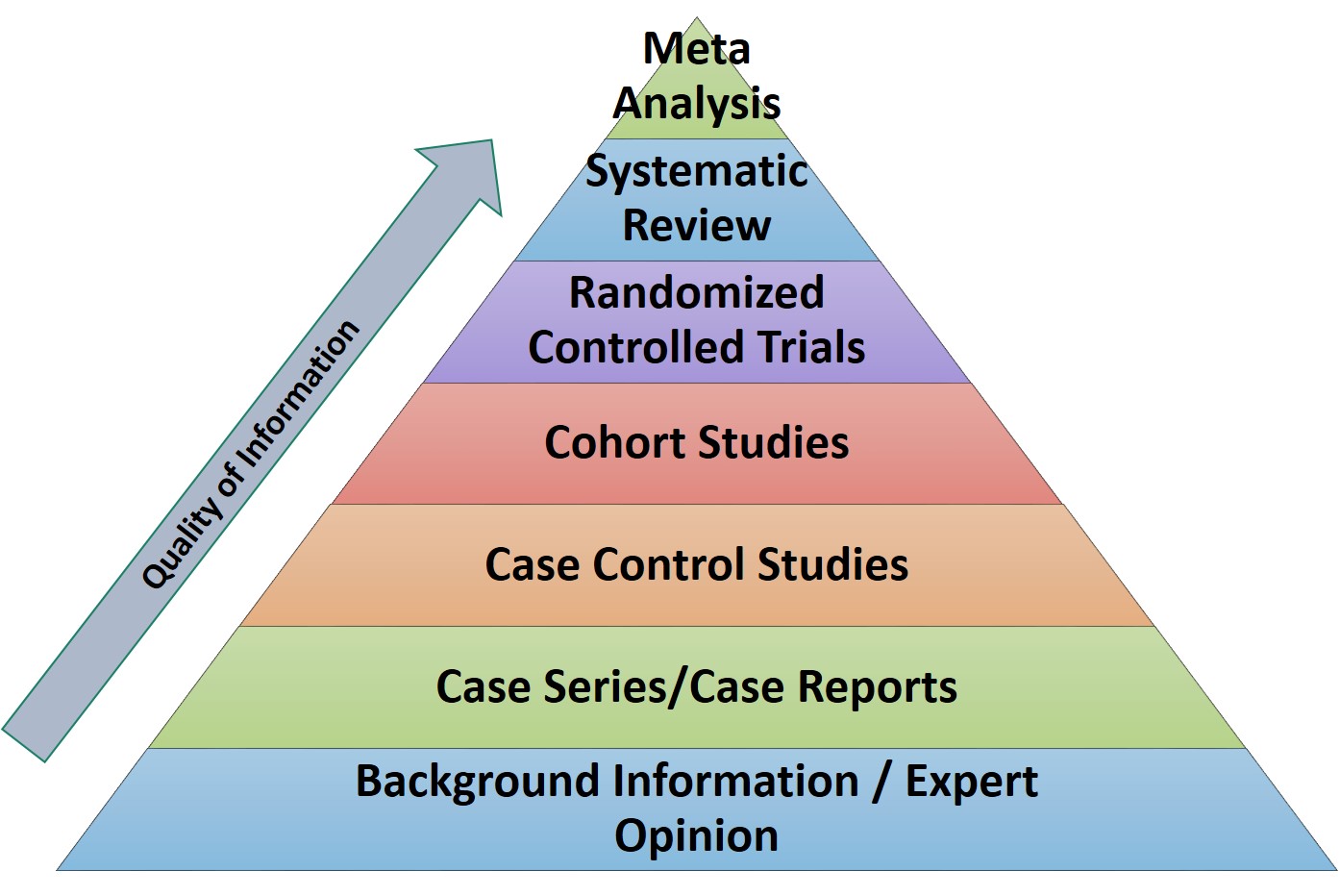
But the largest reductions are due to excluding “local” measures, which on inspection are always measures made by developers or researchers themselves. Eliminating small studies (n<60) cut the number of studies almost in half (n=27) and cut the effect size to +0.39. Just weighting the mean for study sample sizes reduces this to +0.56. It starts out with 50 studies and a very large effect size, ES=+0.65. If you follow meta-analyses, this table should be shocking. Here is a table summarizing our findings when we additionally excluded studies containing procedures known to inflate mean effect sizes: However, they included enough information to allow us to determine the effect sizes that would have resulted if they had a) weighted for sample size in computing means, which they did not, and b) excluded studies with various features known to inflate effect size estimates. As you may recall, the only methodological inclusion standards used by Kulik & Fletcher required that studies use RCTs or QEDs, and that they have a duration of at least 30 minutes (!!!).

In this blog, we once again use the Kulik & Fletcher (2016) meta-analysis of research on computerized intelligent tutoring, which I critiqued in my blog a few weeks ago ( here). My colleague, Amanda Neitzel, and I thought of a simple way we could communicate the enormous difference it makes if a meta-analysis accepts studies that contain design elements known to inflate effect sizes. But clearly, my colleagues and I are not making enough of a difference. Actually, I’ve been ranting about this for many years, and along with colleagues, have published several articles on it (e.g., Cheung & Slavin, 2016 Slavin & Madden, 2011 Wolf et al., 2020). The problem is that most meta-analyses in education are far too unselective with regards to the methodological quality of the studies they include. The study's practical relevance lies in its explorative nature: decision makers are provided with ample evidence indicating the potential advantages and obstacles vocational education teachers face in their attempt to work more efficiently.Yet looking at large numbers of meta-analyses published over the past five years, even up to the present, the quality is highly uneven.
Meta analysis definition in educational research professional#
Conclusion: This explorative study possesses theoretical relevance in developing a questionnaire that consists of five reliable subscales, all of which can later be used for either detecting changes in teachers' views or measuring the effectiveness of intervention programs and professional development training sessions designed for vocational education teachers.

The study provides the descriptive statistical values for each questionnaire item, the relationships between subscales and the connections between the subscales and background variables, such as gender, career level and school type. Results: All subscales display appropriate reliability (Cronbach's alpha ranged from. Methods: A total of 1131 teachers from 37, randomly selected vocational education schools completed a questionnaire based on five subscales, each containing five-point Likert-scales: (1) teachers' learning activities, (2) judgment of their preparedness in ped-agogical knowledge, (3) judgment on the importance of their pedagogical knowledge components, and (4) the efficiency and (5) usage of information sources in furthering their professional development. The aim of this questionnaire survey was to explore Hungarian vocational education teachers' views and judgements on three interrelated phenomena: their learning activities, their opinion regarding the importance of pedagogical knowledge and the efficiency and usage of information sources relevant to their professional development. Their professional development (as indicated by their learning activities, learning targets and information sources) contains both the input for improving their teaching and the findings essential for affecting future improvements. Background: Vocational education teachers are key participants in the renewal of the Hungarian vocational educational system.


 0 kommentar(er)
0 kommentar(er)
